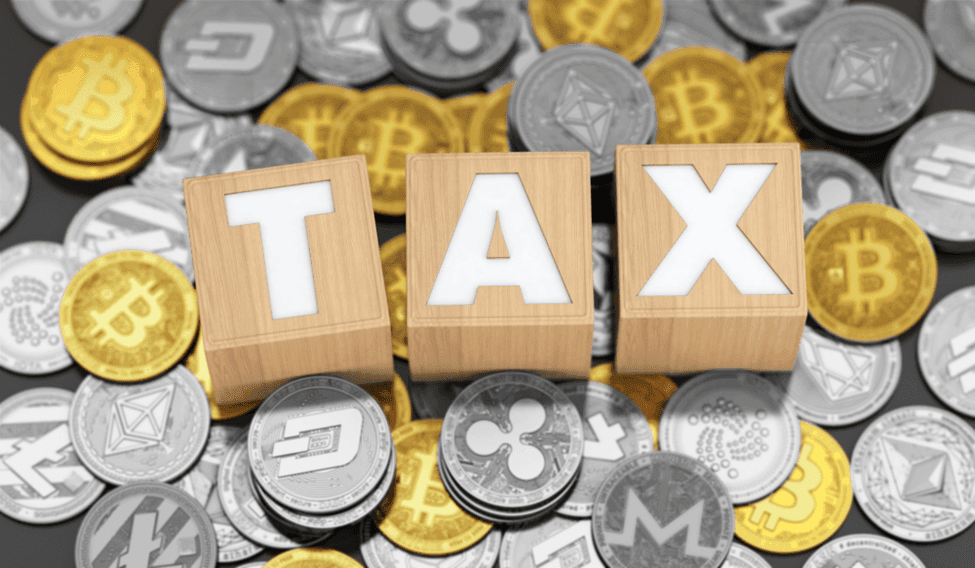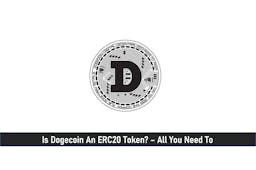
The straight answer to this is YES… your rewards from crypto staking activities can be taxed at the point of sale not at the point of receipt.
Although, crypto tax either, trading, mining, or staking depends on the tax laws applicable in your region.

Key Takeaways
• Crypto staking is a passive activity where investors earn rewards for donating their crypto holdings to a blockchain for a particular period.
• Every region has its own policies and regulations as regards cryptocurrencies and crypto-related activities.
• While some regions can have relaxed policies guiding cryptocurrencies, some other regions have very restrictive policies that do not generally favor crypto investors.
• Cryptocurrency activities are quite new, which means that world governments need to understand them well enough to determine the right actions to take as regards taxes and other policies that will guide them.
SEE ALSO: 5 Tax Advantages of Holding Crypto
SEE ALSO: How Does Crypto Taxes Work (All You Need to Know)
SEE ALSO: 16 Countries where Bitcoin is Illegal to Trade or Mine
What is Staking?
Staking is a passive activity (similar to mining) where you deposit your crypto holdings on a blockchain for transaction validation across the crypto ecosystem.
Staked cryptos are locked for a period as mentioned earlier and at that period, the owner would not have access to them.
At the end of the staking period, the validator earns a reward for staking and which also means rendering a service to the blockchain.
Staking is possible for cryptos that run on the proof-of-stake system.
Concerning crypto taxes, the body responsible for tax collection in most countries is usually the Internal Revenue Service (IRS). And this also depends on the financial guidelines relating to financial assets like cryptocurrencies.
You may or may not be required to pay taxes for staking or on your staking rewards.
In this article, I will explain laws governing staking taxes in major jurisdictions that support crypto.
Let us take a look at them in detail…
Crypto Staking taxes in the United States

Currently, there are no known taxes in the United States regarding crypto staking; rather, the United States focuses on taxes on mined income, which means that taxes are levied on new crypto coins that are created and sold as well.
This is what is obtainable at the moment, although there is an ongoing debate that the IRS should consider taxing staked crypto as a capital gains tax and that staked rewards should be seen as the creation of new crypto which can only be taxed when it is sold.
Crypto Staking taxes in Canada

The Canadian Internal Revenue Service at the moment does not have a laid-down structure concerning taxes as regards staking.
Rather, it sees staking as similar to crypto mining, and the taxes to be levied will depend on whether you stake for fun or if you consider it a formal business activity.
If you mine as a means of fun or as a hobby, you will be asked to pay a capital gains tax when you eventually sell the crypto, but because no money was spent on buying the crypto, the tax becomes based on a zero-cost basis.
Crypto Staking Taxes in the United Kingdom

Just as it is in Canada, the UK Internal Revenue Service treats crypto staking in the same vein as crypto mining.
There, taxes are determined if the staking amount is considered a taxable trade. This is based on numerous factors, such as the nature of the activity (if it’s a business or individual activity).
If, in the eventuality that your staking activity isn’t found to be a taxable trade, your staking rewards will be seen as a miscellaneous income, which means you won’t be levied any tax.
But if the staking activity is seen as a taxable trade, then you will be required to pay a capital gains tax when you eventually sell the crypto.
Crypto Staking Taxes in Australia

Australia is a region where staking rewards are taxed as ordinary income after the rewards must have been converted to the Australian dollar to determine the fiat value and the appropriate percentage to be paid as tax.
Taxes will also be levied on all other forms of crypto rewards. As long as you participated in a crypto activity, a third party did so for you, or you received staking rewards by proxy, you will still be required to pay taxes.
This simply implies that any form of activity or service from which you get a reward is automatically categorized as an ordinary income, and the involvement of cryptocurrency is no exception.
Final Thoughts
From what has been seen so far, we have come to understand that taxes on crypto staking or any other crypto-related activity are based on the particular region involved, as each region has its tax policies and laws regarding certain activities carried out in the region.
While some regions have a relaxed tax policy and laws guiding cryptocurrencies, others, unfortunately, do not.
Read More




